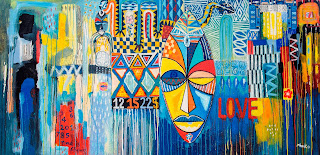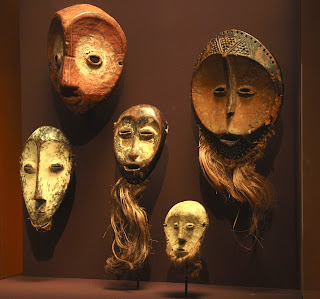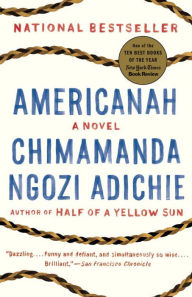A couple of months ago, my aunt through marriage, known as "Tantie Jessie" to the nephews and nieces, passed away in Douala at the age of 80. I was thankful to have seen her a while ago in Paris at the home of one of her daughters. She was a big part of my daily life as the spouse of a Cameroonian in Douala, at the start of my career and later of motherhood, trying to fit in. She and her husband had us often over for delicious Sunday meals. She would tease me about my attempts at speaking Duala (although later, she was proud of me). I'd like to pay a personal tribute by writing about one of our adventures, which we could laugh about in hindsight! When I moved to Cameroon, the country still had its first president, Ahmadou Ahidjo. However, in 1982, the French president, François Mitterrand, convinced him to leave power and the then Prime Minister, Paul Biya, became president. We managed an architectural firm, and one morning in April 1984, we started our morning and notice...








